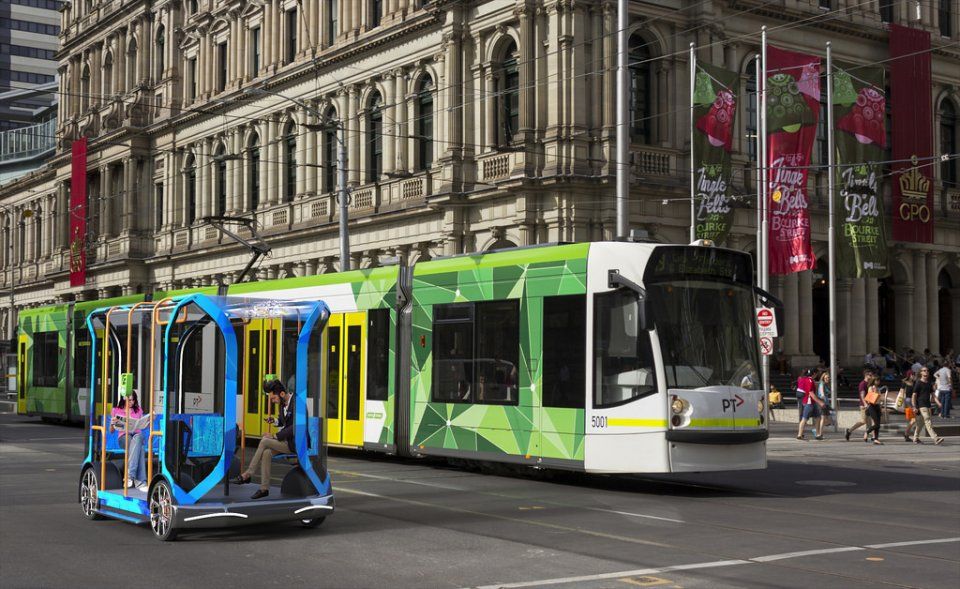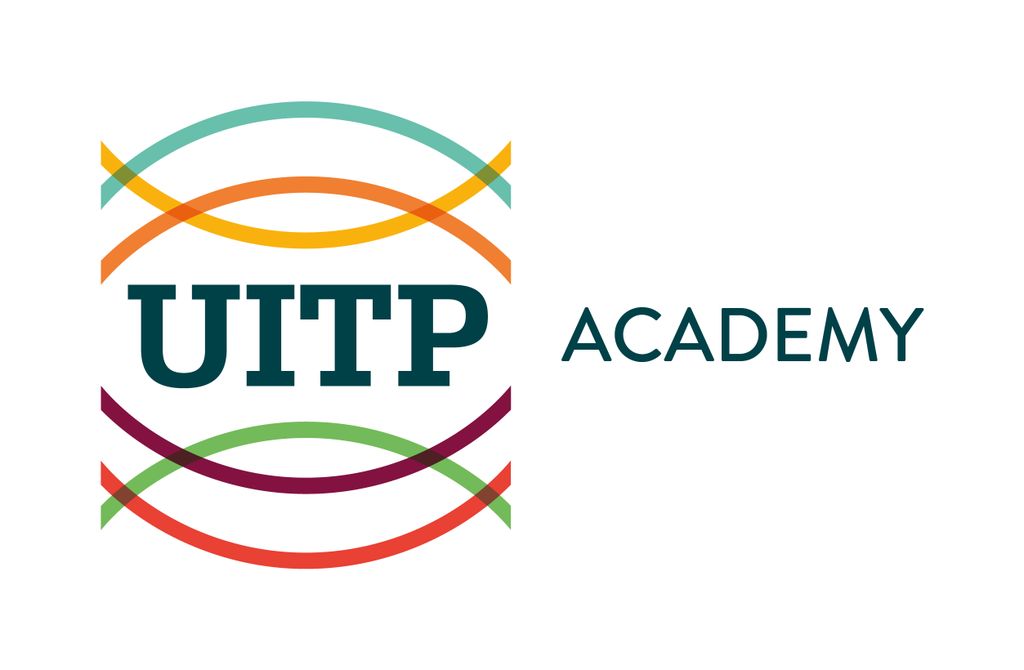
Automated Mobility
About
UITP Academy is launching an in-person training programme together with RTA on Automated Mobility, starting on 20 to 22 January 2025. The course will take place in Dubai, UAE.
The arrival of driverless vehicles represents a unique opportunity for a fundamental change in urban mobility and could lead to safer, healthier, more competitive and greener cities – but only if the vehicles are integrated into an effective public transport network. A future with automated and connected vehicles can have various outcomes depending on how they are designed, operated and regulated. Will they lead to more cars on the road, more urban sprawl and more congestion? Or will they contribute to shaping sustainable and liveable cities, the regaining of urban space for people, less vehicles on the road and a higher quality of life?
The experience of operating fleets of automated vehicles remains limited today, therefore this training programme aims at learning from the current deployments operated by various mobility services providers worldwide. Participants will be learning from experienced trainers who are stakeholders of real-life driverless mobility services and the way forward for the introduction of automated vehicles in our cities.
The programme will cover the different modes like bus, shuttles, and taxi, all deployed for shared mobility.
In this context the objective of this course is to:
- Explore automated mobility and discuss the possible scenarios of introducing automated vehicles in the most sustainable way for our cities. If employed with effective vehicle-sharing schemes, driverless automated vehicles could greatly enhance public transport.
- Get inspired from current operational practice, technology and policy orientations: Learn from stakeholders who build and run automated vehicles or contribute to the design of policy and regulatory frameworks.
Direct links
Reach your objectives
- Broaden your knowledge and perspective on the deployment and operation of automated vehicles by learning and sharing experience with professional leaders
- Discuss the different possible use cases of Automated Vehicles becoming reality in cities and more particularly in public transport
- Get inspired from strategies and research projects undertaken by public transport companies, cities and the industry
- Learn from the industry and operators on the technology and the integration with public transport
Who is it for?
- Targeting mainly PTO/PTA to support deployment of automated vehicles for urban mobility.
- Professionals working for public transport authorities and operators planning to run fleets of automated vehicles.
- Mobility professionals working in prospective research and development units in charge of preparing the future of automated mobility in cities.
- Staff from the industry involved in the market uptake of automated vehicles.
- Professionals interested in obtaining a wider and international perspective on the topic and eager to learn more from international best practice.
- The course is suitable for participants from companies worldwide.
A top level methodology
- Participate in interactive sessions which includes an introduction by course leaders and open discussions with participants
- The training will be made of 7 sessions (60-90 minutes each), case studies, a hands-on session and a study tour
- Exchange your current practices and experience with your peers
- Each theme will be approached as followed:
- Basic principles and conceptual approach
- State of the art development and innovations
- Good practices examples
- Interactive exchange between participants and experts
Inspiring trainers
All UITP trainers are top level transport and mobility professionals with extensive experience in public transport and operations from different regions of the world. In addition, UITP invites guest speakers to illustrate specific solutions, practices and case studies.


